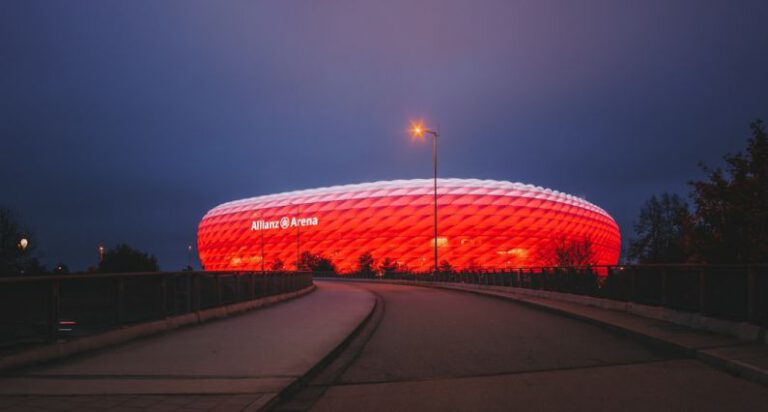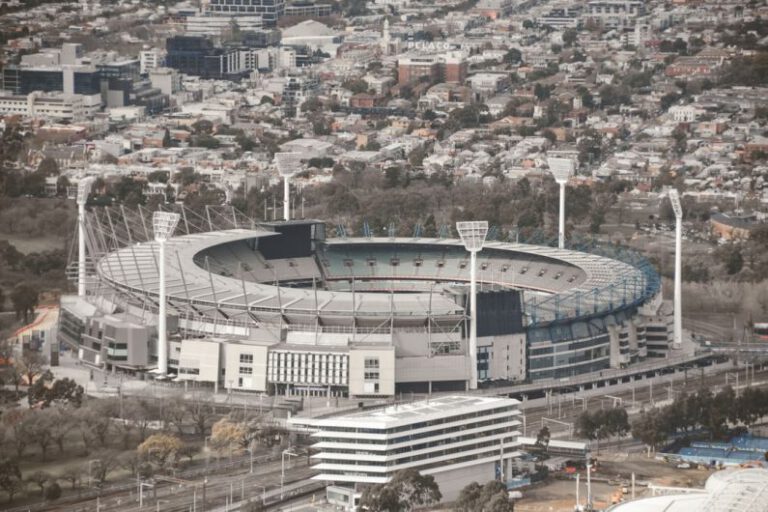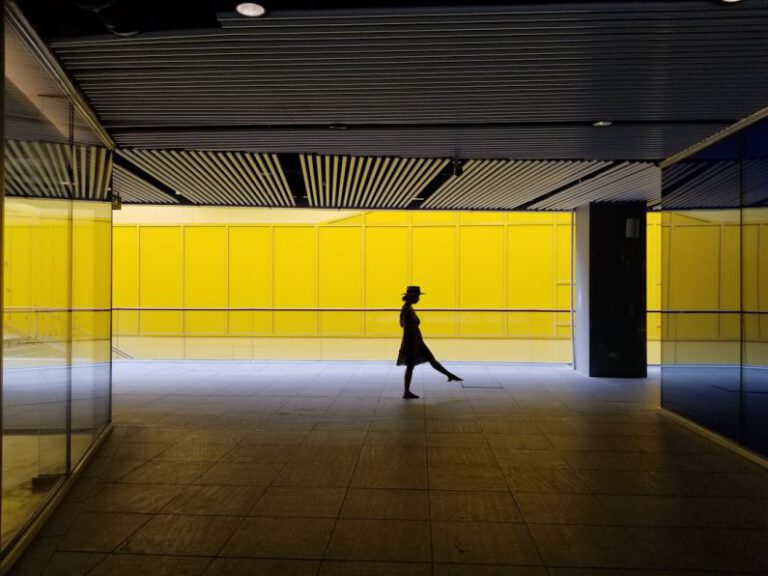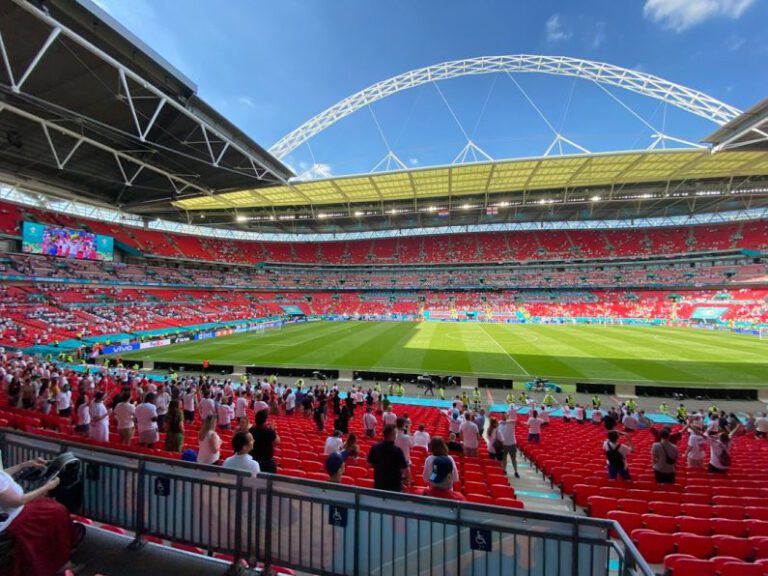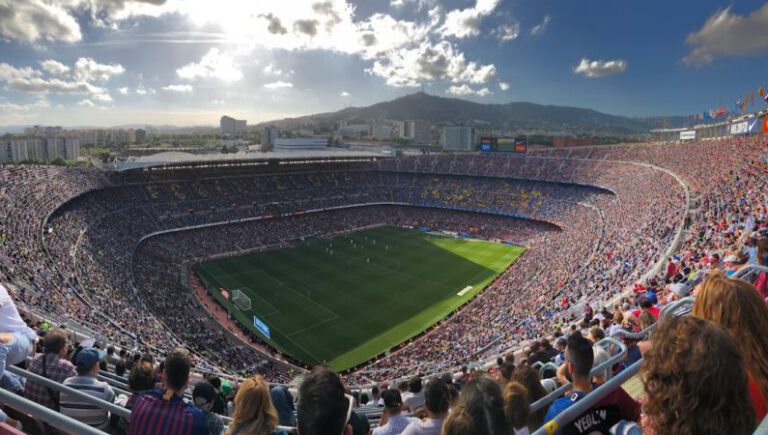Soccer City: the Heart of South African Soccer
South Africa has a rich and vibrant soccer culture, with a deep history of passion and dedication to the beautiful game. At the center of this soccer-mad nation lies Soccer City, a stadium that embodies the spirit and soul of South African soccer. From historic matches to iconic moments, Soccer City has played a pivotal role in shaping the country’s soccer landscape.
The Iconic Stadium
Soccer City, also known as FNB Stadium, is located in Johannesburg and stands as the largest stadium in South Africa with a seating capacity of over 94,000 spectators. The stadium’s distinctive design, with its iconic ring of lights that illuminate the night sky, has made it a recognizable symbol of South African soccer. Originally built in 1987, Soccer City underwent a major renovation in preparation for the 2010 FIFA World Cup, which was hosted by South Africa. The stadium emerged from the renovation as a state-of-the-art facility, ready to showcase the best of South African soccer to the world.
Historic Matches and Moments
Over the years, Soccer City has witnessed some of the most significant matches and moments in South African soccer history. One of the most memorable events took place in 1996 when South Africa won the African Cup of Nations at Soccer City, marking a historic moment for the nation. The stadium also hosted the final of the 2010 FIFA World Cup, where Spain emerged victorious, capping off a tournament filled with drama and excitement. These matches and moments have helped cement Soccer City’s status as the heart of South African soccer, a place where dreams are realized and legends are made.
A Home for South African Soccer
Soccer City is not just a stadium; it is a home for South African soccer. The stadium serves as the home ground for the South African national team, affectionately known as Bafana Bafana. Fans from all over the country flock to Soccer City to support their team, creating an electrifying atmosphere that is unrivaled in South African sports. The stadium also hosts domestic league matches, cup finals, and international friendlies, making it a hub of soccer activity throughout the year.
Community Impact
Beyond its role as a sporting venue, Soccer City has a significant impact on the surrounding community. The stadium provides employment opportunities for local residents, both in terms of matchday staff and ongoing maintenance and operations. Additionally, Soccer City has become a focal point for community events and initiatives, bringing people together in celebration of the sport they love. The stadium’s presence has helped foster a sense of pride and unity among the people of Johannesburg and beyond, illustrating the power of soccer to bring communities together.
Looking to the Future
As South African soccer continues to evolve and grow, Soccer City remains at the forefront of the country’s sporting landscape. Plans are underway to further enhance the stadium’s facilities and amenities, ensuring that it remains a world-class venue for years to come. With a rich history and a bright future ahead, Soccer City will continue to be the beating heart of South African soccer, a place where passion, tradition, and excellence collide to create unforgettable moments on and off the pitch.

